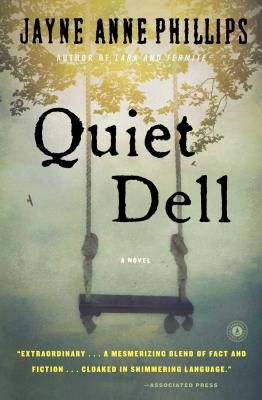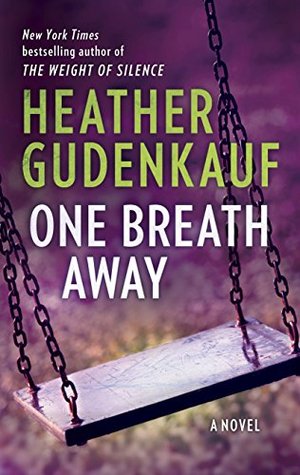
Good call. Follow #TenThingsAboutWritingCrime to collect them all!
https://twitter.com/keirshiels/status/1425815186246574083
1. Crime fiction comes in all shapes and sizes. The police procedural; the cosy detective; the psychological thriller. With so much to look at, let's concentrate on the actual crime itself. #TenThingsAboutWritingCrime
2. The great majority of crime novels deal with just one type of crime: murder. #TenThingsAboutWritingCrime
3. There are many reasons for this; but mostly it's because murder is usually more dramatic and evokes more complex, visceral feelings than tax evasion, theft or fraud. #TenThingsAboutWritingCrime
4. A murder story is therefore the real-life equivalent of the monster story in fantasy fiction, with the same basic objective; to track down the killer and thereby defeat the monster. #TenThingsAboutWritingCrime
5. The main protagonist is sometimes a detective, sometimes not: in either case, we need the reader to engage with them, to be rooting for them to uncover the murderer. And we need to believe in their intelligence, courage and integrity. #TenThingsAboutWritingCrime
6. The most interesting and memorable protagonists in crime fiction are often complex individuals; people who have been changed by their experiences - who may even have a kind of affinity with the criminal. #TenThingsAboutWritingCrime
7. Characters like this are fighting the battle on two fronts: they must confront the criminal by confronting their own dark side. This allows the author to really explore the character's personality and to create a believable human. #TenThingsAboutWritingCrime
8. Then there's the perpetrator; the second important player in your story. The challenge here is to make the criminal both interesting and believable, even though most murders (and murderers) are often neither exciting nor mysterious. #TenThingsAboutWritingCrime
9. And then there's the victim, who I believe should be thought out as carefully as any of the others. Otherwise it's easy to perpetuate harmful tropes, designating certain types of people (especially women, sex workers, etc) as "natural victims." #TenThingsAboutWritingCrime
10. It's also worth thinking about the way you approach your antagonist. I happen to enjoy writing villains, but there's a fine line between understanding, even liking them and actually *getting off on what they do*, which it's useful to be aware of. #TenThingsAboutWritingCrime
If you enjoy these occasional threads, you may want to check out my book, TEN THINGS ABOUT WRITING... septemberpublishing.org/product/ten-th…
• • •
Missing some Tweet in this thread? You can try to
force a refresh















